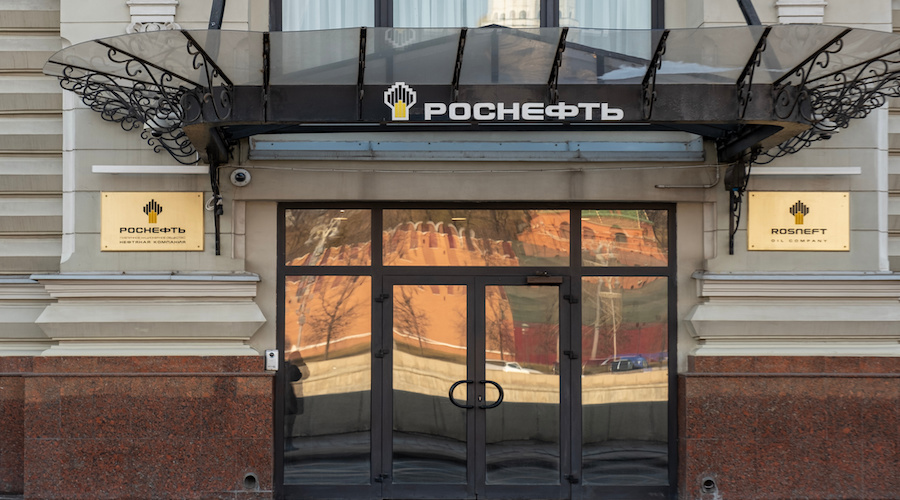Introduction
Russia’s state-run oil company, Rosneft PJSC, has recently taken a significant step into the critical minerals sector by acquiring full control of the Tomtor rare earth deposit in Siberia. According to filings in Russia’s national commercial registry, Rosneft gained ownership of Vostok Engineering, the project’s operator, on May 20. This development marks a pivotal moment in Russia’s ambition to strengthen its position in the global rare earth market.
Strategic Importance of Tomtor
The Tomtor deposit, recognized as Russia’s largest rare earth reserve, holds an estimated 154 million tonnes of ore, including valuable elements like niobium and scandium, as reported by the Ministry for the Development of the Far East and Arctic. Rare earth elements are essential for high-tech industries, defense applications, and renewable energy technologies, making Tomtor a cornerstone of Moscow’s strategic mineral plans. Before the 2022 invasion of Ukraine, Russia aimed to invest $1.5 billion to become the world’s second-largest rare earth producer by 2030, targeting up to 12% of the global market share.
However, Western sanctions following the Ukraine conflict have hampered progress, restricting access to crucial technologies needed for development. President Vladimir Putin has previously expressed frustration over delays at Tomtor, urging acceleration through private investment or state support.
Global Context and Diversification Trends
Rosneft’s acquisition reflects a broader trend among oil giants diversifying into critical minerals. Companies like ExxonMobil, Chevron, and Occidental have ventured into lithium extraction, recognizing the growing demand for materials essential to the green energy transition. Similarly, governments such as Saudi Arabia are securing mining deals to expand lithium production, signaling a global race for control over strategic resources.
Could Tomtor become a point of geopolitical collaboration? The article suggests potential cooperation with the United States if a peace agreement is reached in Ukraine. However, given the current tensions and sanctions, such prospects remain speculative. How will Russia balance its ambitions with the technological and financial constraints imposed by the West? This acquisition raises questions about the feasibility of Moscow’s goals in the face of ongoing isolation.
Opinion and Analysis
While Rosneft’s move is a bold step toward securing Russia’s rare earth supply chain, it comes at a time of significant geopolitical and economic challenges. The country holds the world’s fifth-largest rare earth reserves, yet its ability to exploit these resources is curtailed by sanctions and limited access to advanced technology. This acquisition may signal Moscow’s determination to reduce reliance on foreign supply chains, but without international partnerships or technological breakthroughs, the path to becoming a major player in the rare earth market remains uncertain. Additionally, the environmental impact of developing such a massive deposit in Siberia—a region already vulnerable to climate change—deserves scrutiny.
